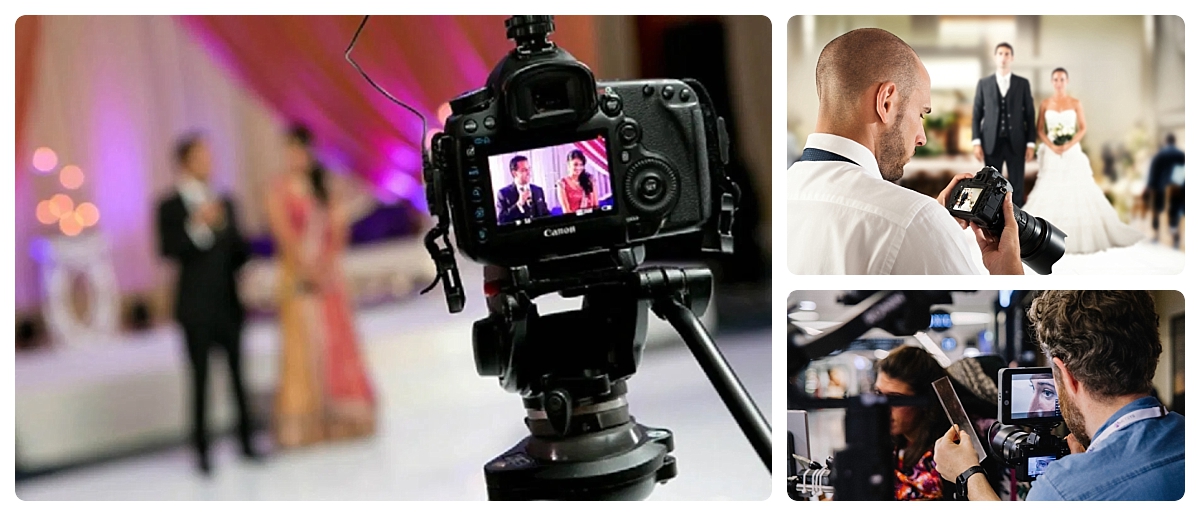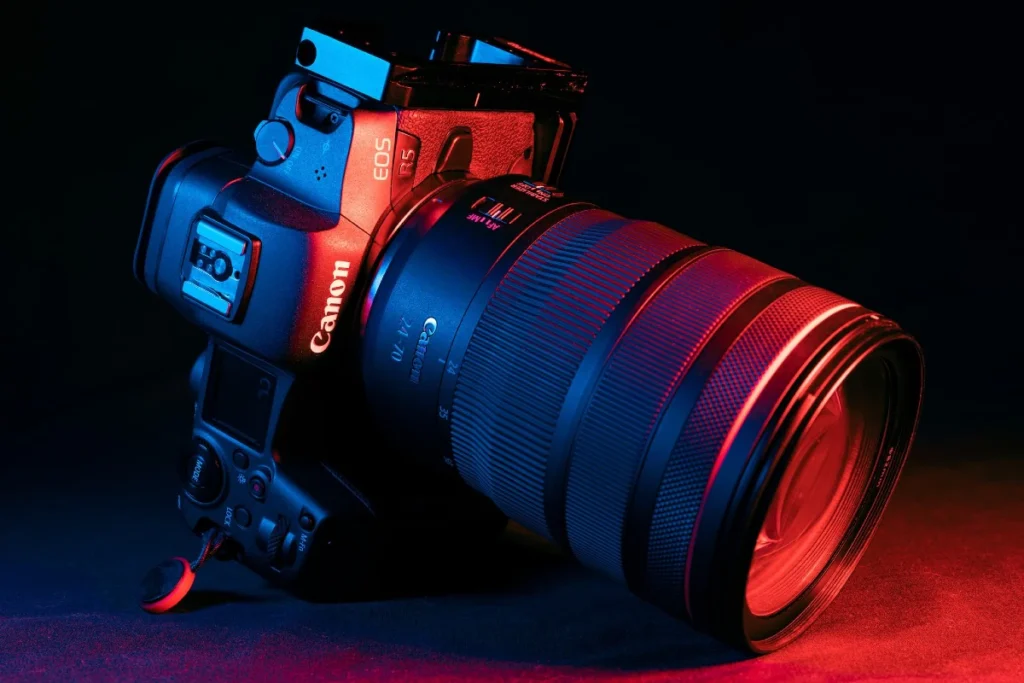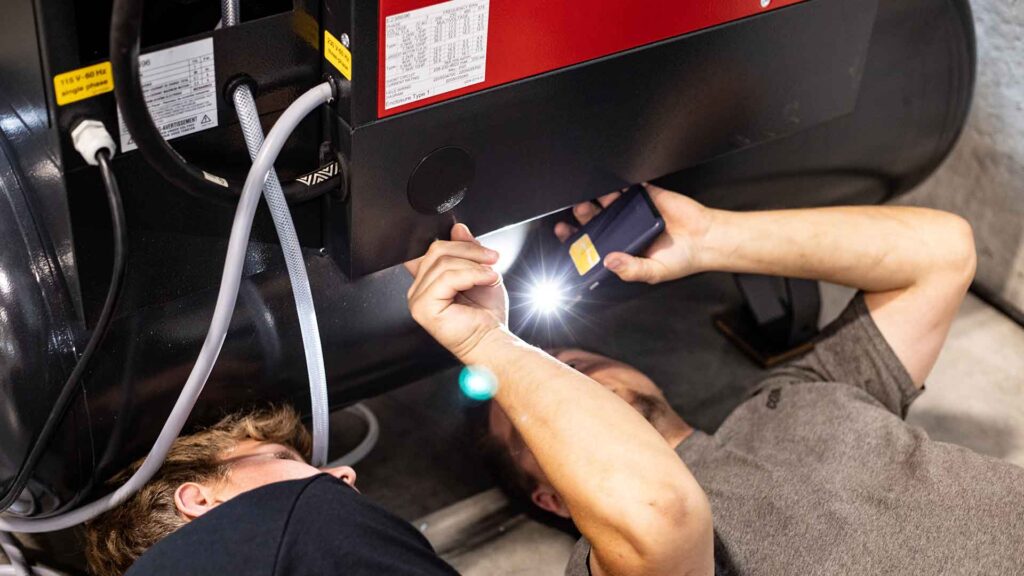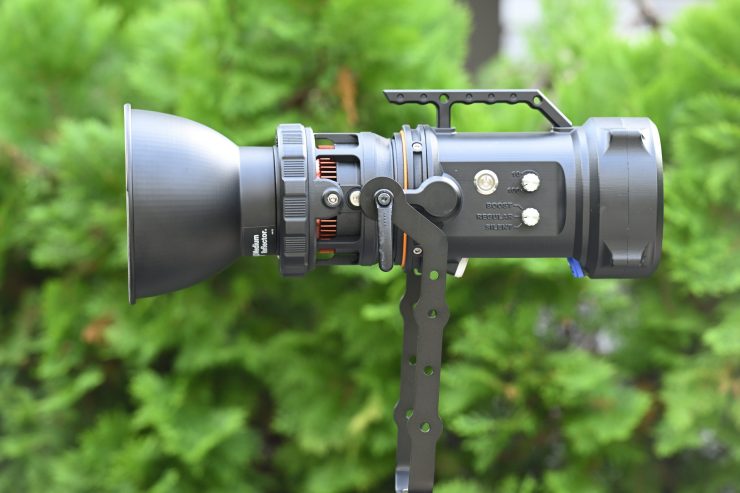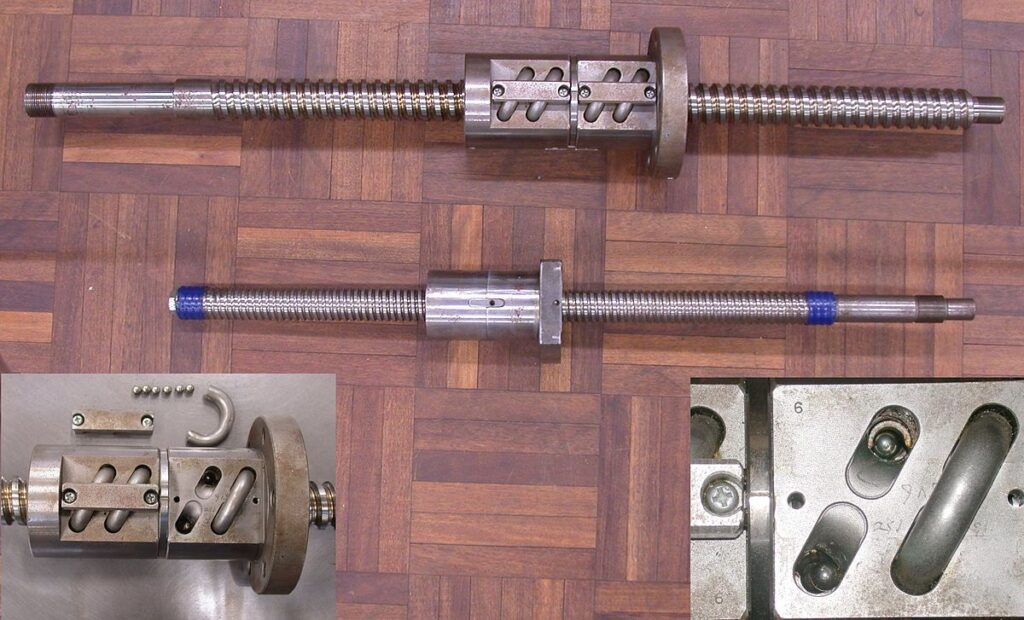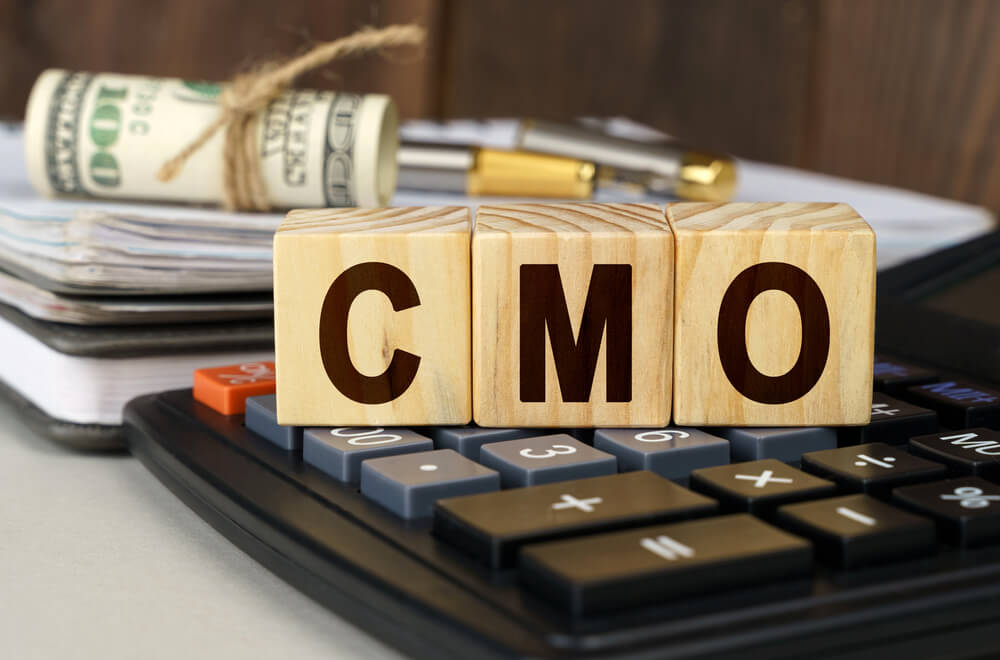Your job as a wedding videographer is to capture one of the most important days in a couple’s lives and turn it into an unforgettable, artistic memory. You record happy chuckles, tears of delight, and tender moments and turn them into a lasting story. A crucial issue has surfaced in the business in recent years: Is it OK to record the wedding day in 4K?
The New Paradigm: 4K Clarity
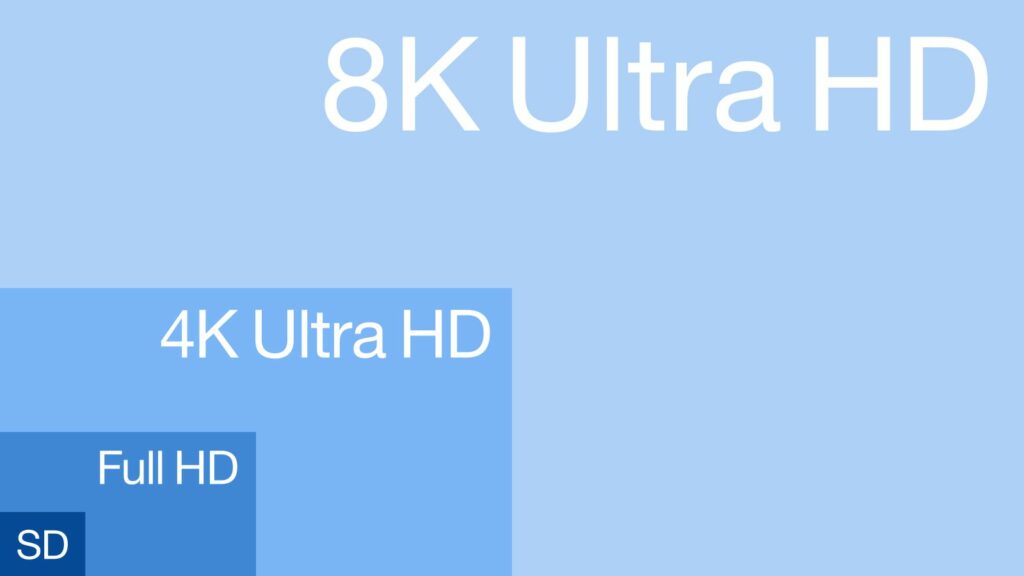
Let’s first define what 4K resolution means. Ultra High Definition, or 4K, gives nearly four times the resolution of Full HD (1920 x 1080 pixels), the industry standard, with around 4000 × 2000 pixels. This results in incredibly detailed visuals that may captivate the viewer with their lifelike appearance when seen on a suitable screen. But is there really a need for such a significant increase in detail and quality in wedding videos?
In order to get real-world feedback from seasoned industry professionals, we examined a wide range of sources, including the Reddit community and professional services like Briden&Groom.video, an outsourced wedding video firm.
4K: A Standard for the Industry
As per a Reddit user, “4K is the new standard,” indicating a fundamental change in the business. They do concede, though, that some would contend that the market hasn’t really moved on from 1080p. This filmmaker offers wise counsel, emphasizing the need of knowing your audience. If the majority of your clientele come from lower- to middle-class backgrounds, 1080p can be more than enough. Offering 4K services, however, may be expected for a wealthier audience with TVs that are compatible with 4K resolution.

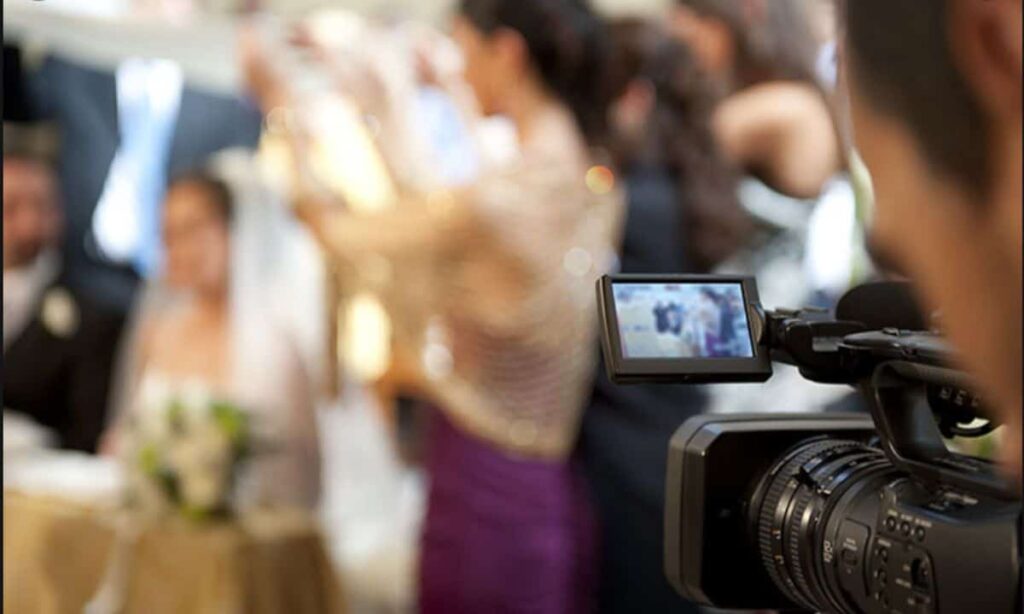
The Difficulties of 4K Transition
Making the leap to 4K is not easy. In 2020, the same Reddit member talks about their own experience switching from 1080p to 4K. When they shifted to filming in log to have greater control over their films, their MacBook Pro, which could handle the heavier, more complex 4K files at first, couldn’t keep up. An upgrade to the Mac Studio was necessary for a more efficient editing workflow because the system was unable to handle the optimized media.
It has been observed that shooting in 4K has a substantial impact on storage as well; on a normal wedding shoot, two 128GB cards might be filled to capacity 90–100%. For filmmakers thinking about making the transition to 4K, it is therefore essential to evaluate their gear setup and plan for any upcoming hardware improvements.
Reliability and Adaptability: A videographer’s Perspective
An enthusiastic Reddit member advocates for 4K filming, even if the output is just 1080p. They emphasize how versatile 4K is for post-production, enabling 2X cropping without sacrificing quality. Sometimes it can save your life to have the opportunity to acquire digital push-ins or tighter pictures, especially if you need to stabilize photos.
The videographer also likes that recording at 60 frames per second allows for a 2.5 times slow-motion effect, which is useful for catching transient and moving scenes.
The Unsung Hero of the Space: Storage
This user, however, does not hesitate to address the topic of storage—the elephant in the room. 4K photography results in noticeably bigger file sizes. With two shooters, one filmmaker admits to using almost 800GB of storage each day. one highlights the need of purchasing a huge drive and imposing strict time limitations on how long video is retained.
Concluding: Should I Use 4K or Not?
The depth of the 4K question is demonstrated by the perspectives and experiences these videographers have shared. There isn’t a universal solution. Rather, it relies on a combination of elements: your editing process, your gear, your clientele, and your storage capacity.
Unquestionably, 4K is a very strong tool for videographers, providing unmatched image quality and post-production versatility. But it also means that there is a larger need for processing power and storage capacity. According to a Reddit user, making the switch to 4K involves a thorough reorganization of your workflow, which may involve increasing the number of cameras you use, establishing trustworthy backup plans, and making a significant investment in a powerful computer system.
8K Videography’s Arrival in Wedding Filmmaking
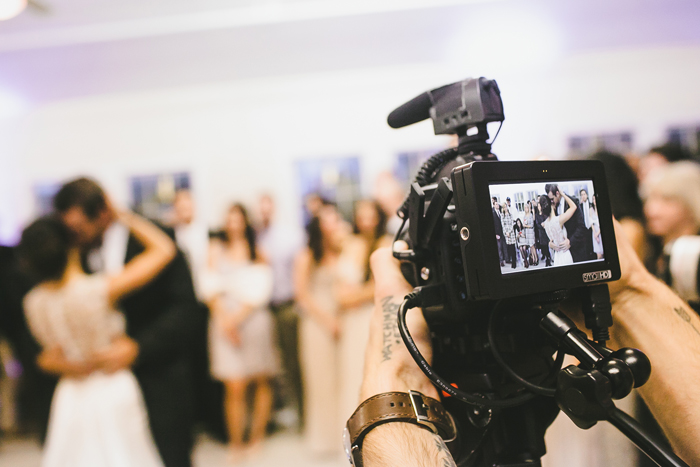

4K is presently the standard for wedding videography, but with the release of reasonably priced 8K cameras like the Fujifilm X-H2, this might soon change, according to Briden&Groom.video. Businesses are spending money on AI technologies that can upsample 4K video to 8K, which provides incredibly crisp and detailed images. These AI-enhanced movies have benefits including sharper images, especially with face features, which provide for a more emotional and engaging viewing experience.
The promise of 8K filming for content future-proofing, capturing more information, and providing additional post-production flexibility is emphasized by Briden&Groom.video. Although 4K is still the most common format, 8K is beginning to gain popularity because to ongoing advancements in camera technology and AI-powered upscaling services.
In Conclusion
In conclusion, making the choice to explore the realm of 4K and maybe 8K wedding videography is something that has to be well thought out. Your decision should be based on the important elements that will affect your business, workflow, and product quality both now and in the future. At the same time, it’s critical to realize that in the constantly changing field of videography, this discussion about 4K and even 8K is just the top of the iceberg. It will be essential to remain client-focused, flexible, and aware of these developments as you navigate them.
Whether you switch to 8K or stick with 4K mostly depends on your intended audience and how you want the filming process to go. Given its recent introduction, 8K adoption will probably happen gradually, but it’s important to keep in mind that not all clients will have the hardware necessary to properly enjoy 8K material at this time. However, this shouldn’t stop us from being ready for and welcoming this impending change in the sector.

